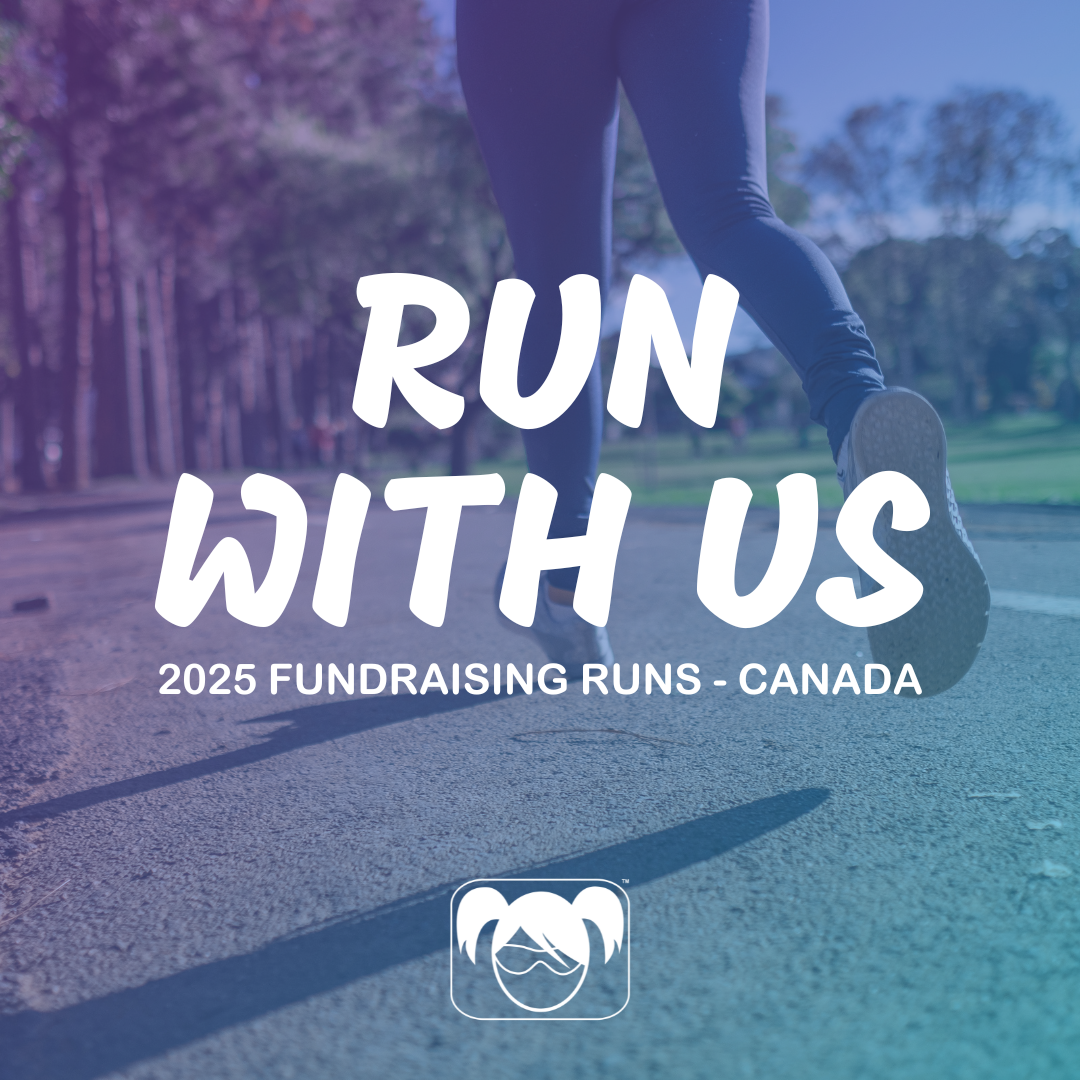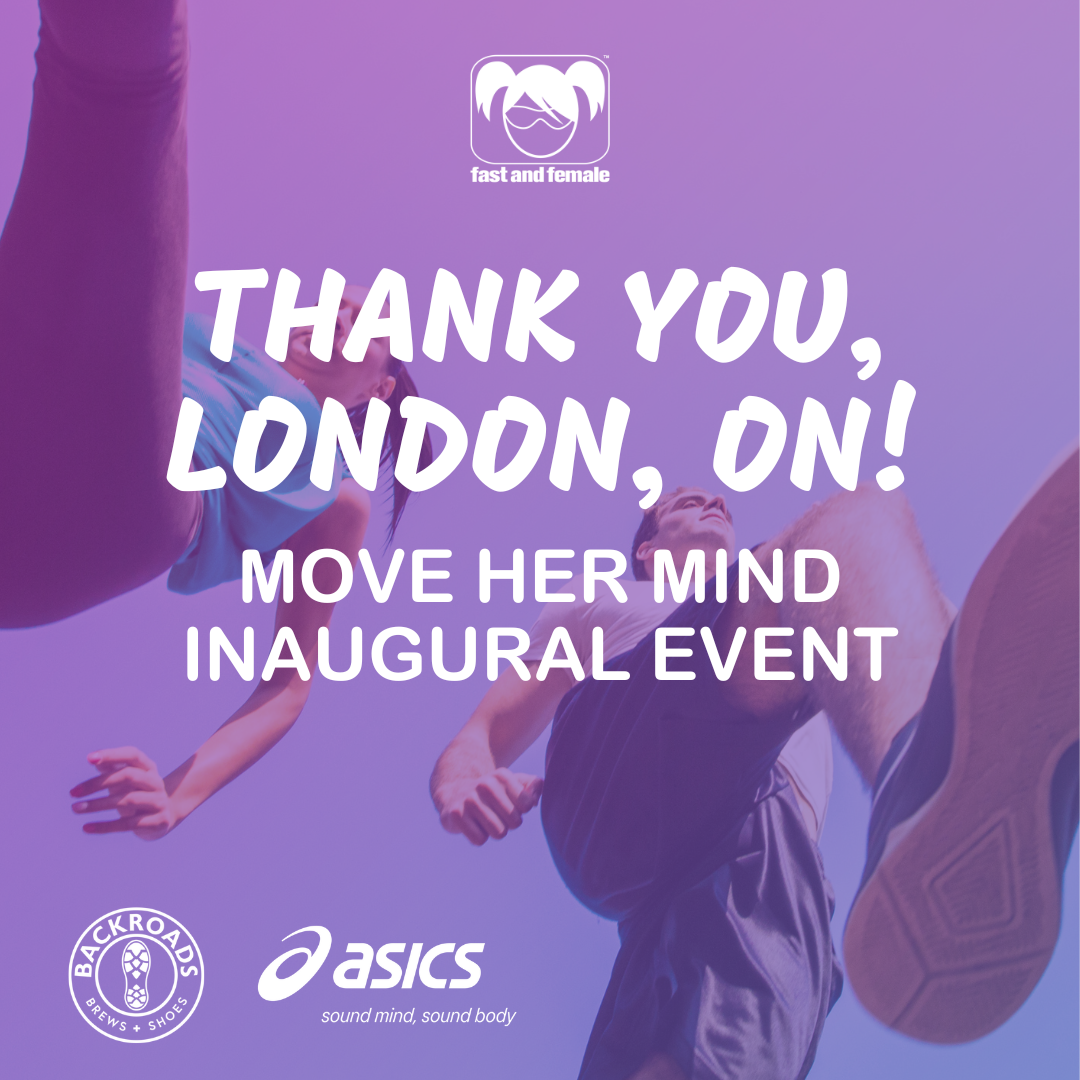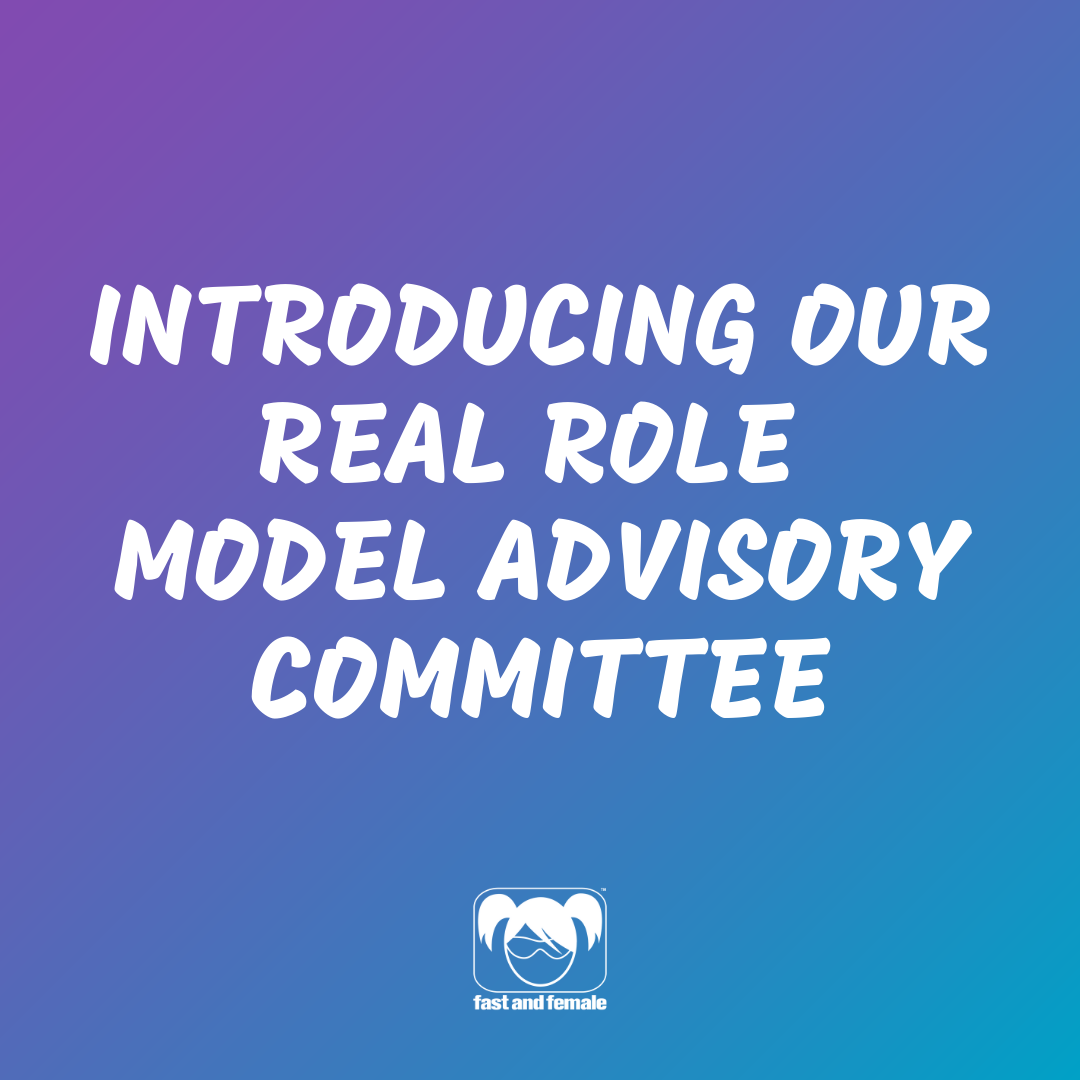Exciting news! Fast and Female has been chosen as the charity partner for several upcoming…

Let’s Talk!
Happy January 29th! Its Bell Let’s Talk day. It’s a day to raise your voice and bring awareness to the importance of mental health; the good, the bad, and the in between. Speaking up about mental health is vulnerable. We believe strongly that vulnerability is a strength at Fast and Female, so a few of our core team members shared some of their mental health stories along with some of the actions, tips, and tricks that they put in place as support systems through these struggles. We asked our team “what have you struggled with in regards to mental health?” and “what do you do to improve these struggles/ feel better/ give yourself love?”. We hope that the light these empowering women shined on their darkness can reflect back to make the world a brighter place.
Gaby Estrada:
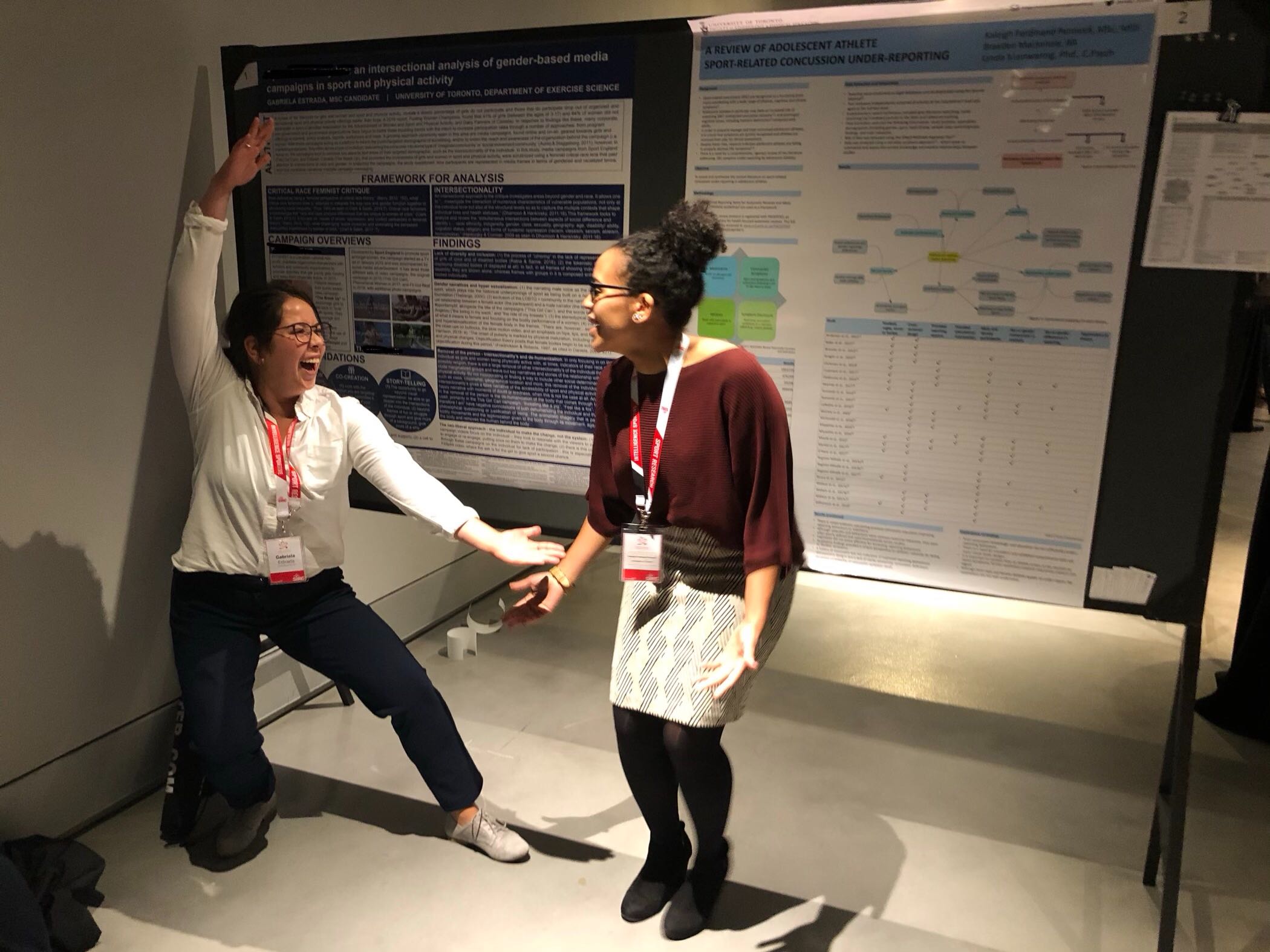
Transitioning out of full-time work into full-time studies and remote work was super difficult for me at first. I didn’t anticipate the emotional rollercoaster that it would throw me on. I lost my structured routine that I had had for 3+ years, I face the never-ender and ever-growing imposter syndrome, and stress and hardship (like being having to leave a job unexpectedly and being in a house fire!). I felt lost, overwhelmed, and all over the place. 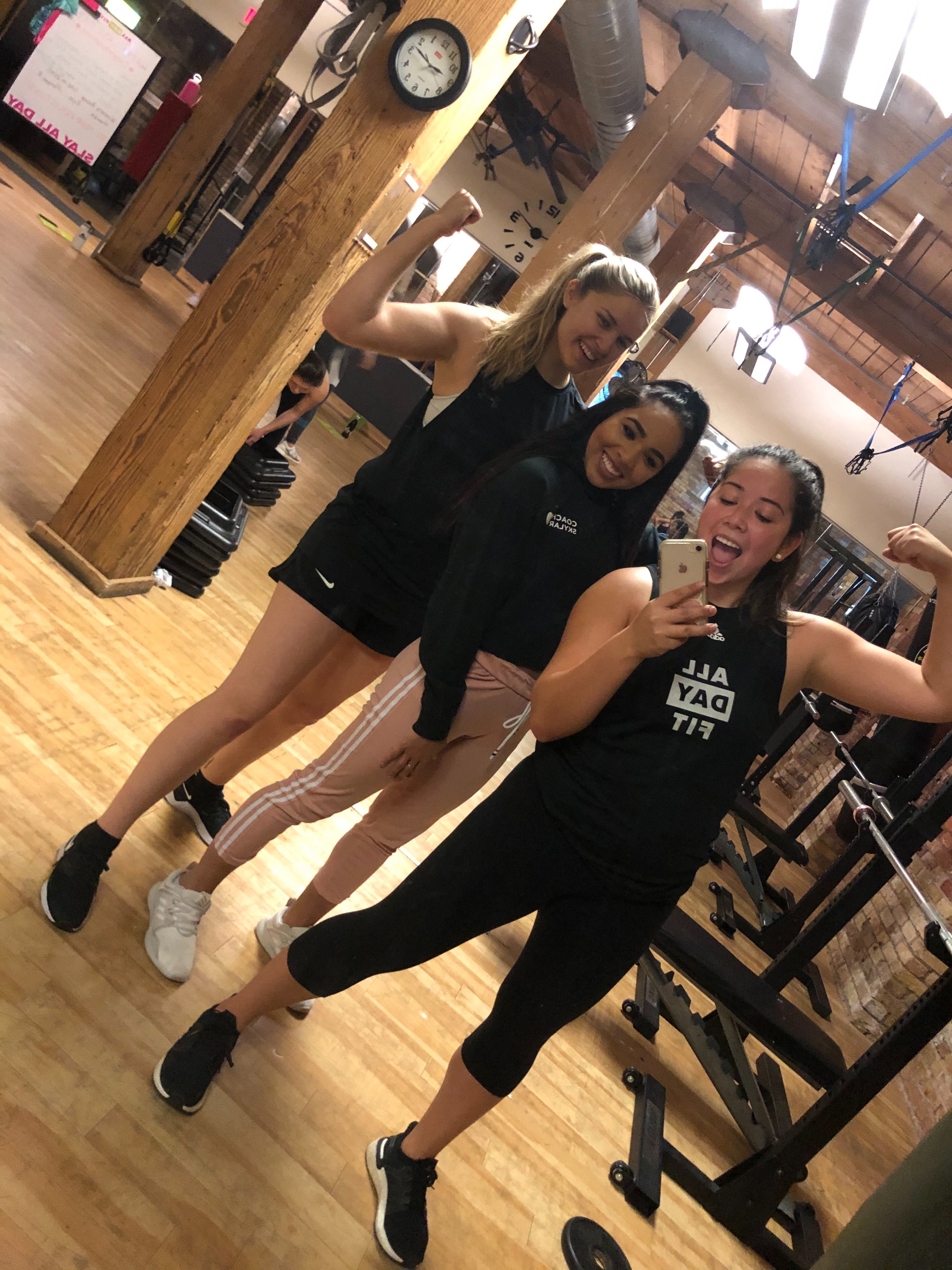
The first thing I did was allow myself to feel; and then it was being open and honest about those feelings. It started with friends and family and then, finally, my doctor and her fellow. They were amazing. My doctor and her fellow recognized what I was going through and looked at what were the best resources and support that they could refer me to. I started seeing a social worker and really, it couldn’t have come at a better time. Being in an environment where mental health can be an open discussion made a world of a difference and something I highly recommend we all do! Find someone who you trust to talk to; and, where possible, talking to a professional who is trained to support you in tough times can make a difference. Although I know there’s still a long way to go, I’m more open about how I’m feeling with my colleagues, family and friends; I’ve started to build back my routine, ensure to leave time to do what I love, get active and remind myself that I deserve to be where I am.
Una Lounder:
As athletes, or anyone who is striving for a big goal, we can sometimes put ourselves in a place where we feel like vulnerability is weak and that perfection is the only option. In 2016, I was struggling mentally, physically, and emotionally, and I didn’t reach out or seek help until it was too late and it was a burnout I never came back from. It ended my competitive career and changed the way I felt about high–performance sport.
It has taken a long time to gain strength and confidence back, and though I learned a lot through the process, it was painful and hard. My message is to listen to your body, your heart, and your mind and to reach out to people who can (and who will) support you. Vulnerability is strength and nothing is more important than your wellbeing. If you talk, someone will listen.
Dana Stewart:
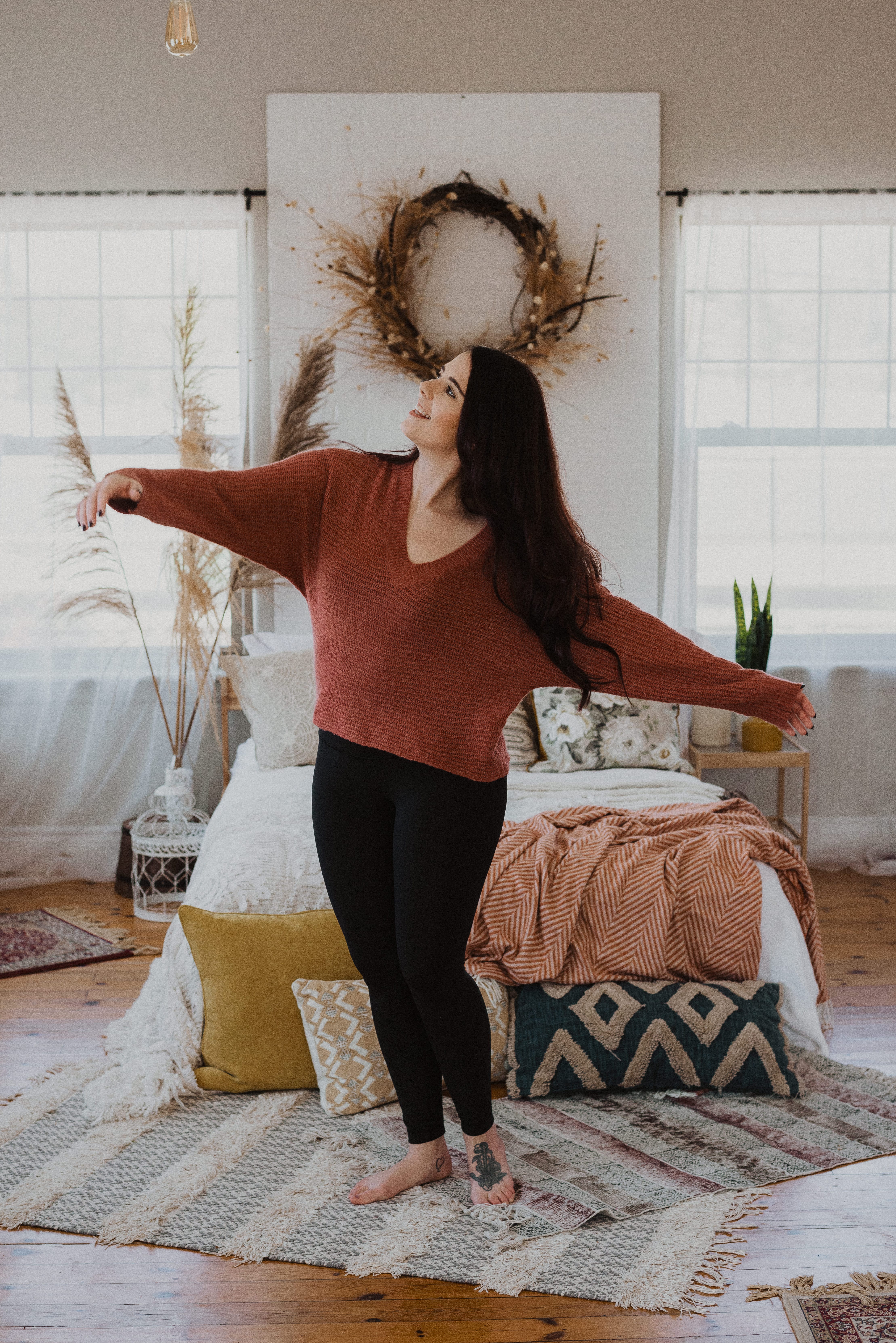 Since I was 16 years old, I have struggled with PTSD from being stalked. At 21, I was stalked again causing my symptoms to worsen. My top symptoms were night terrors and anxiety.
Since I was 16 years old, I have struggled with PTSD from being stalked. At 21, I was stalked again causing my symptoms to worsen. My top symptoms were night terrors and anxiety.
To cope with this, I turned to sport – more specifically weight lifting and soccer. I used and still do use the endorphins that come from movement to lift myself up when I’m feeling anxious. Sport has been a huge aid in my recovery. I practice self-love by not judging how I feel, shifting my mindset and by dancing wherever and whenever I feel like it.
Morgan Rogers:
I cultivate my personal mental health through exercise, ideally with close friends in an outdoor setting. Because I am privileged to be very healthy in all aspects of the word it’s important to help those who are not. For me this means helping girls gain access to and find joy in sport, undertaking research on athlete mental health promotion for my masters, and being a member of the ACMG’s diversity and inclusion committee with a focus on mental health. Through my work above, I am looking forward not only to better understanding others’ experiences of mental health, but using those narratives to create positive change so that all individuals with mental health challenges can feel safe and supported to work through their challenges, and to create a general recognition that people can still perform (whether it’s sport, family, or academics) at a very high level regardless of any mental illness. As Kevin Love says; “everyone is going through something”.
Lucy Dunne: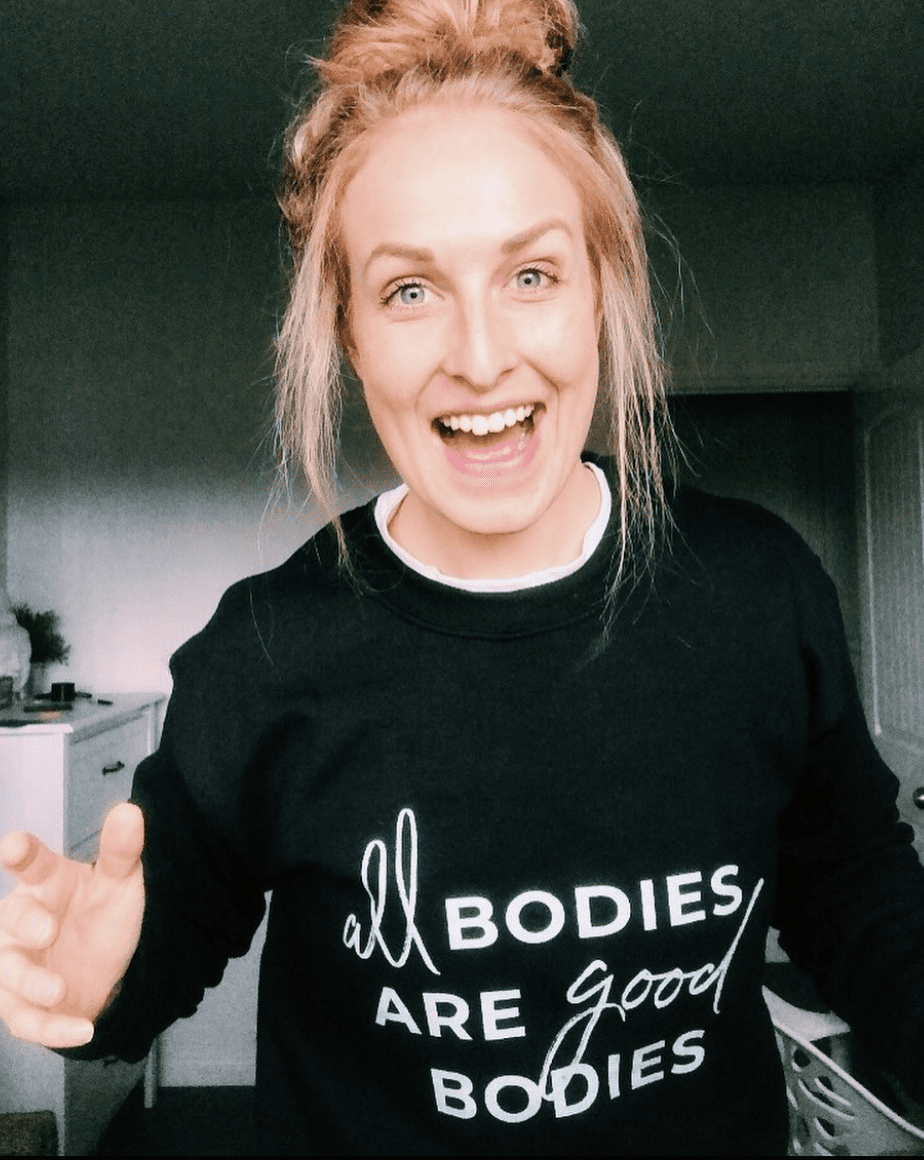
After losing 65 lbs I didn’t know how to get away from diet foods. I didn’t know how to not eat chicken breast, broccoli and brown rice. I struggled to find a happy relationship with food and it was really hard to pull myself out of that place. This is one of my favourite jumpers ever because it reminds me that every single body no matter what the shape or size is good and it helped me feel comfortable introducing those “scary” foods into my world and overcome my eating disorder.
Maddy Schmidt:
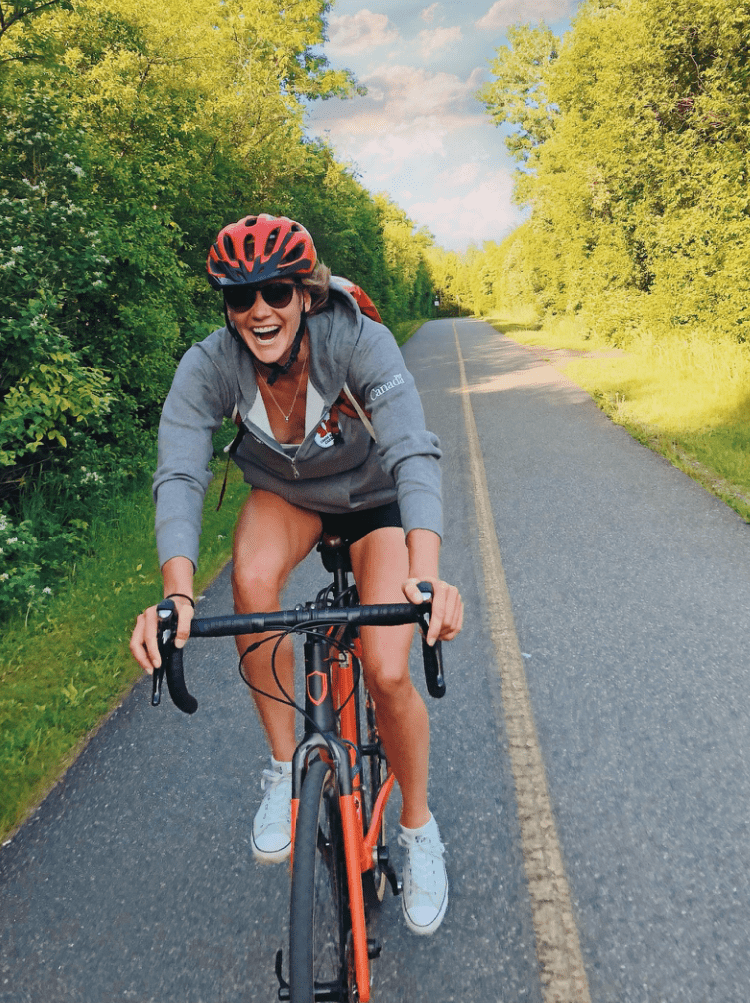 High performance sport is beautifully high stress, vulnerable, and it can easily be made into an isolating and lonely space. I have been through periods of depression as a high–performance athlete, student, and human. Some ebbs were much lower and much longer than others, and each time, the feelings and environments are different. Each time, picking myself up involves new challenges. I could be at home, away at training camp, with my family, or with my teammates, off season training, or prepping for the World Championships.
High performance sport is beautifully high stress, vulnerable, and it can easily be made into an isolating and lonely space. I have been through periods of depression as a high–performance athlete, student, and human. Some ebbs were much lower and much longer than others, and each time, the feelings and environments are different. Each time, picking myself up involves new challenges. I could be at home, away at training camp, with my family, or with my teammates, off season training, or prepping for the World Championships.
To pick myself up, I look for gratitude in the little things that bring me joy; baking bread, creating art, getting outside, riding my bike, finding space to breathe, and just feeling my feelings. I always come back to reminding myself that I am strong, I am more than just an athlete, and I am worthy of my own love. And I always, always, always talk to my mom.

